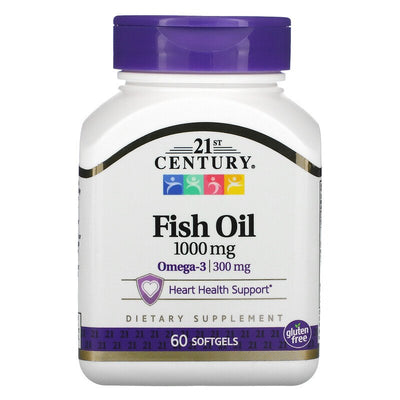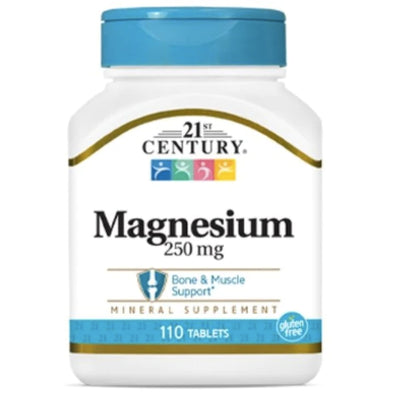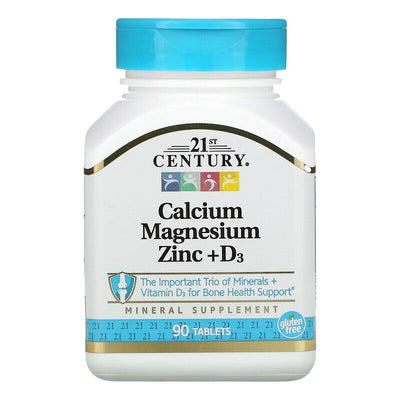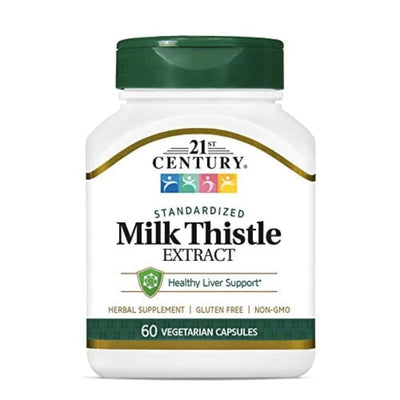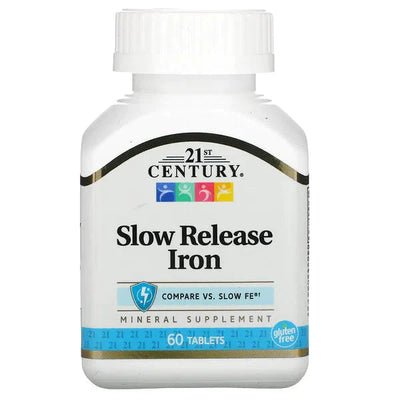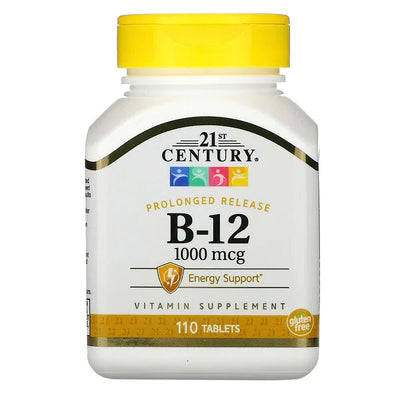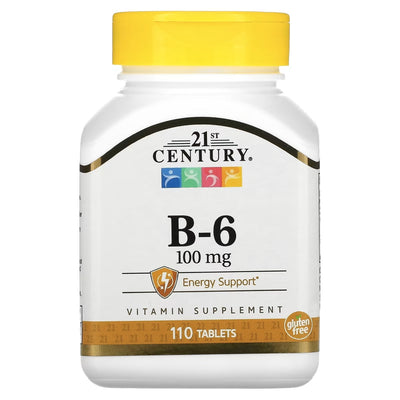
BCAAs for Women: Addressing Unique Fitness Needs
Why BCAAs Matter for Women
BCAAs, comprising leucine, isoleucine, and valine, are crucial for women engaged in fitness regimes. Here’s how they help:
Enhanced Muscle Recovery
BCAAs can significantly reduce muscle soreness after workouts, often referred to as delayed onset muscle soreness (DOMS). For women, this means shorter recovery times and less discomfort post-exercise, allowing for more consistent and frequent training sessions.
Prevention of Muscle Loss
Women naturally have less muscle mass than men and can lose muscle more quickly, especially during weight loss diets or as they age. BCAAs help protect lean muscles against breakdown, particularly important for women aiming to maintain strength and metabolic health.
Boost in Endurance
BCAAs can reduce fatigue by limiting the production of serotonin in the brain during exercise, which contributes to the perception of tiredness. This can help extend workout duration and intensity, aiding in better overall fitness achievements.
How Women Can Optimize BCAA Usage
To make the most out of BCAAs, women should consider the following tips:
Timing is Key
- Before Workouts: Taking BCAAs 15-30 minutes before exercise can help prevent premature fatigue and preserve muscle energy stores.
- During Workouts: Sipping on BCAAs can help sustain energy levels and performance, especially during long or intense training sessions.
- After Workouts: Immediate post-workout BCAA supplementation can kickstart the recovery process, enhancing muscle repair and growth.
Appropriate Dosage
While the optimal amount can vary based on individual body weight and the intensity of the exercise, a general guideline is to consume between 5-10 grams of BCAAs around workout times.
Integration with Diet
While BCAAs are beneficial, they are most effective when used in conjunction with a balanced diet rich in proteins, fats, and carbohydrates. BCAAs should complement your diet, not replace other essential nutrients.
Unique Considerations for Women
Hormonal Fluctuations
Women's hormones fluctuate throughout the menstrual cycle, which can affect muscle function and recovery. BCAAs can help stabilize these effects by supporting consistent muscle energy and recovery.
Bone Health
Women are at a higher risk of osteoporosis than men, particularly post-menopause. While BCAAs primarily support muscle health, maintaining muscle mass is crucial for protecting bone health as well.
Pregnancy and Breastfeeding
For active women who are pregnant or breastfeeding, BCAAs can support increased protein needs safely and effectively, though it's essential to consult with a healthcare provider before starting any new supplement during these stages.
Conclusion
BCAAs offer numerous benefits for women, from enhancing physical performance and recovery to supporting overall muscular health. By incorporating BCAAs into a well-rounded fitness and nutritional strategy, women can meet their unique fitness needs and achieve their health and wellness goals more effectively. For those looking to start or enhance their BCAA supplementation, consider exploring the options available at reputable sources like your local health store or fitness supplement provider.








